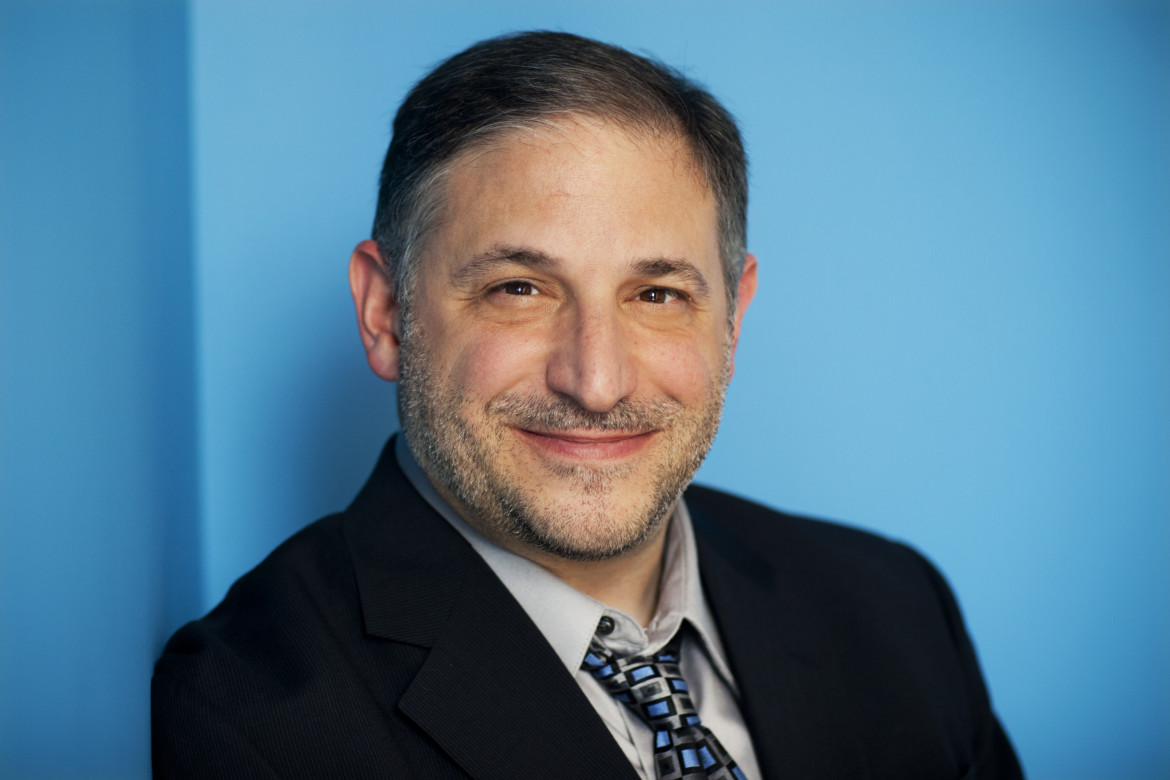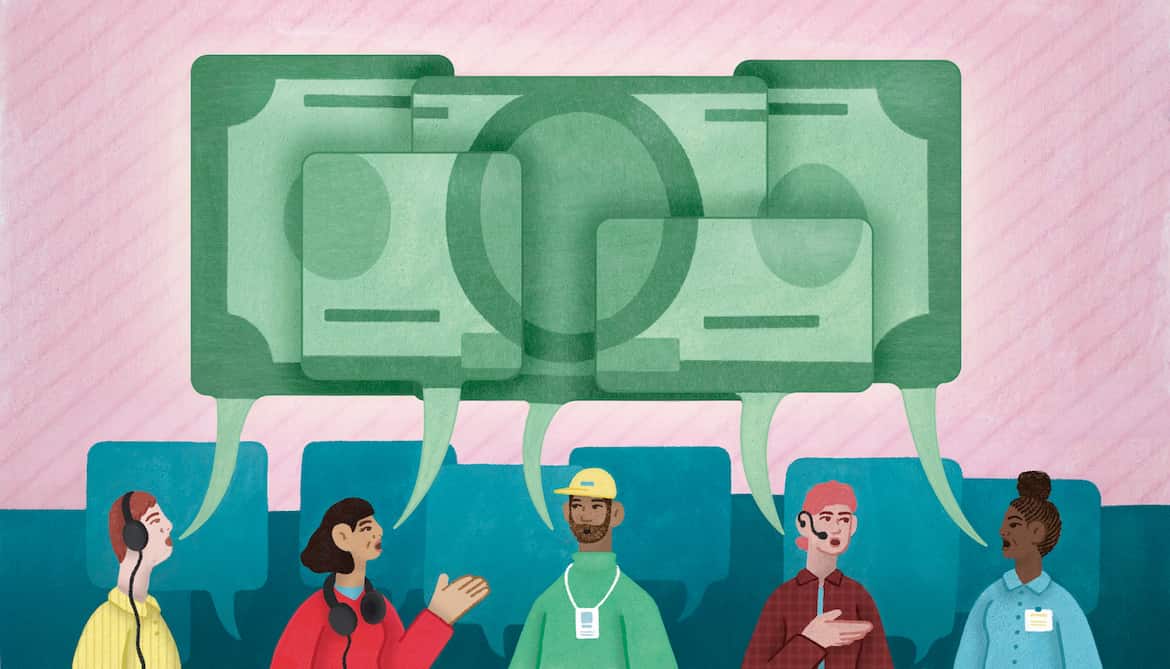‘The Pub’ #56: Mark Stencel on how public media can corner the fact-checking market

Stencel
Former NPR Managing Editor for Digital News Mark Stencel has just completed a census of active political fact-checking initiatives — and only two are in public media.
“I would love to see public media do more fact-checking,” Stencel told me on The Pub. “It fits our mission perfectly; our audiences have told us they would like it.”
In fact, a listener panel NPR conducted four years ago yielded a stunningly conclusive result: Fact-checking political statements was, by far, the number-one priority that listeners wanted NPR to pursue.
Stencel acknowledges that fact-checking can be expensive and fraught with political sensitivity, as he has written about in research reports for the American Press Institute. You have to pick your battles wisely.
But he thinks public media is uniquely positioned to do this work and to make the sometimes dry subject matter of political fact-checking more accessible to a broad audience.
On this week’s episode, Stencel offers a practical guide on how, when and what to fact-check, and what to do when your fact-checks are inevitably challenged or misconstrued. We listen to examples from NPR’s “Break it Down” series and Capital Public Radio’s PolitiFact California, among others.
Also, I and my colleagues at Mercer University asked our scholarship applicants what they consider to be the most innovative media company. Did any public media make the list? Yes, but nowhere near the top.
Please subscribe to The Pub in iTunes or your favorite podcast app, and leave us a rating and a comment! That will help boost our search results and allow people to find the show more easily.
We welcome your feedback on the show: You can reach me at adam@current.org or @aragusea on Twitter; my supervising producer at Current, Mike Janssen, is at mike@current.org; and you can contact Current generally at news@current.org or @currentpubmedia on Twitter.
If you’d like to offer a comment to be used in the program, please send on-mic tape (recorded in a studio, with a kit, a smartphone, anything) to adam@current.org either as an attachment or through Google Drive. Please keep it short!
Adam Ragusea hosts Current’s weekly podcast The Pub and is a journalist in residence and visiting assistant professor at Mercer University’s Center for Collaborative Journalism.






I would like the fact checkers to check the claim that socialism can lead to a prosperous, wealth-creating society.
Socialism has been proven to be a failure at eliminating poverty. All levels of the population are better off under more capitalism. The developing world improves the lives of its citizens by embracing free markets and capitalism.
A) If you are referring to claims made by Bernie Sanders, you seem to be confusing socialism (a system in which government owns the means of production) with social democracy (a system in which the state intervenes to ensure general welfare and social justice within the context of an essentially capitalist economy where private entities own the means of production). Sanders says he is a proponent of social democracy, not socialism.
B) I can tell you right now that your statement, “All levels of the population are better off under more capitalism,” would not fare well in a fact-check. All of the world’s wealthy countries, including the United States, have major socialized institutions. Granted it’s difficult to prove whether the U.S. would be better off without Social Security or public schools, but it’s equally difficult to prove that it wouldn’t be. What is clear is that many of those wealthy countries that have more socialized institutions — such as the Scandinavian social democracies — provide better livelihoods for their lower classes than those wealthy countries with fewer socialized institutions.
C) If you listened to the episode, you know that it’s very difficult (and even risky) to try to fact-check broad, paraphrased sentiments. It’s much more feasible to fact-check specific, verbatim statements. NPR has done that with at least some of Sanders’ statements here: http://www.npr.org/2016/01/18/463503831/break-it-down-checking-claims-in-sundays-democratic-debate
I’d agree they could do more, and they probably will.
I just want the fact checkers to admit their bias, rather than the propagate the fiction that they are just objective observers. (That might be another interesting fact check: What is the right/left bias among fact checkers.) I agree with you that when journalists admit their bias they will have more credibility.
Capitalism works for men who do, socialism works for men who don’t.